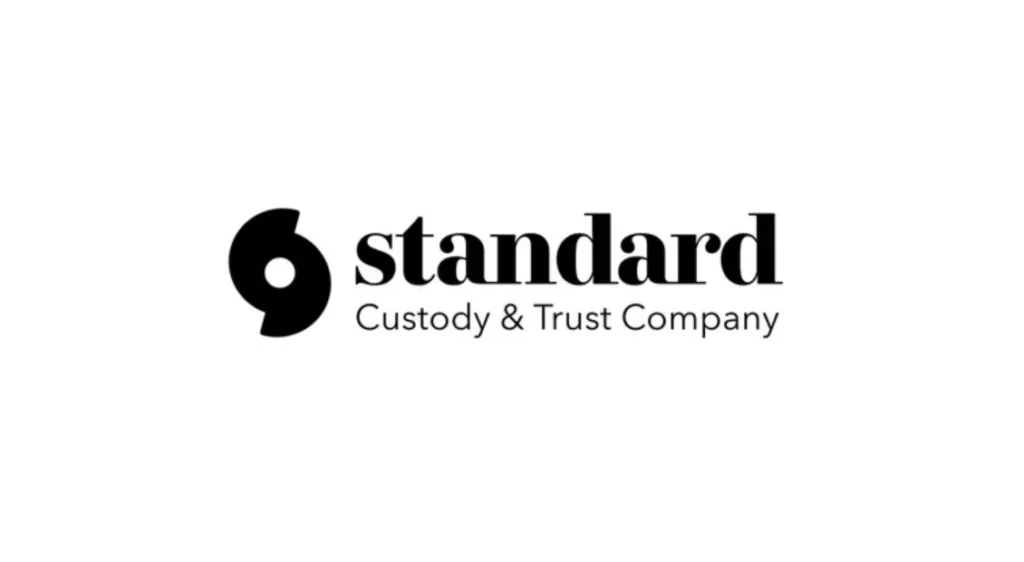Ripple has acquired Standard Custody & Trust Company, a provider of digital asset custody in the United States.

The New York State Department of Financial Services (NYDFS) has authorized Standard Custody & Trust Company to provide custody and escrow services. Under federal law, the organization is a qualified custodian.
Ripple said in a statement, “Standard Custody’s money transmitter licenses and limited purpose trust charter will contribute to Ripple’s expanding portfolio of regulatory licenses.”
Ripple is a payment network operator that provides support for the XRP cryptocurrency. Ripple and its subsidiaries reportedly possess a New York BitLicense and nearly forty-dollar transmitter licenses in the United States.
Since 2016, Ripple has maintained BitLicense as a limited-purpose trust company via its subsidiary XRP II. David Schwartz, Ripple’s chief technical officer and cryptographer, defines XRP II as “the name of a Ripple-owned legal entity.” “It is comparable to how Apple licenses entities to process Apple Pay to avoid regulating the entire company in that manner.”
The conditions of the Standard Custody & Trust transfer were not disclosed to the public. It is unclear precisely when Metaco CEO Adrien Trecanni tendered his resignation, but the news of his departure arrived one day before this announcement. In May, Ripple paid $250 million to acquire Metaco, a Swiss corporation specializing in blockchain custody.
Arthur Britto, co-founder of Ripple and president of PolySign, established the digital asset infrastructure company PolySign, of which Standard Custody & Trust is a subsidiary. Britto maintains an almost enigmatically low public profile.
2012 marked his co-foundation of Ripple under OpenCoin with Chris Larsen and Jed McCaleb. Furthermore, he shares the distinction for co-developing the XRP Ledger protocol. According to Schwartz, a member of the PolySign board, Britto is an additional game designer.
In December 2020, the United States Securities and Exchange Commission (SEC) initiated legal proceedings against Ripple and its executives, Brad Garlinghouse and Larsen, because the company distributed unregistered securities via XRP tokens.
When a judge ruled in a summary judgment that XRP was only a security when sold to investors, Ripple achieved a significant victory. Cases against Ripple persist while the SEC dismisses proceedings against Garlinghouse and Larsen.
December saw Ripple’s registration as a virtual asset service provider with the Central Bank of Ireland and an October significant payment institution license from the Monetary Authority of Singapore.
Ripple’s acquisition of Standard Custody & Trust is subject to regulatory approval pending.
